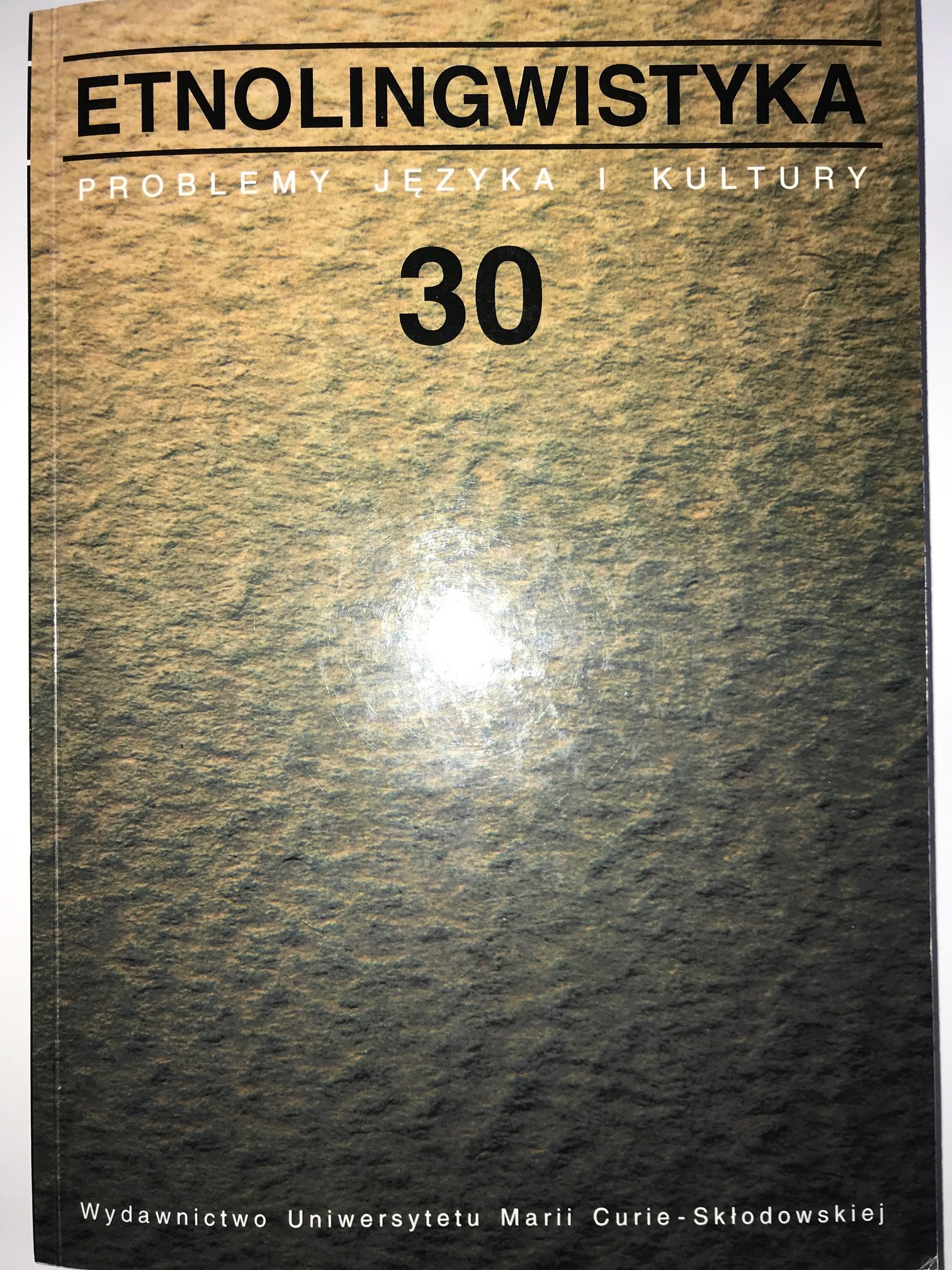Linguistic worldview in multilingual groups as an indicator of developing a communal identity: The case of Esperanto
Linguistic worldview in multilingual groups as an indicator of developing a communal identity: The case of Esperanto
Author(s): Ida StriaSubject(s): Language and Literature Studies
Published by: Wydawnictwo Naukowe Uniwersytetu Marii Curie-Sklodowskiej
Keywords: linguistic worldview; Esperanto; communal identity
Summary/Abstract: Linguistic worldview is a language-entrenched interpretation of reality that emerges in a speech community inseparable from its culture. Therefore, the task of ethnolinguistics is to reconstruct not only worldviews but also communal identities. Drawing from both linguistic and co-linguistic data, researchers may be led to a culturally embedded speech community – not necessarily a monolingual one. A case in point are speakers of Esperanto, who form a multilingual voluntary diaspora. The status of Esperantists as a stable speech community could be investigated within the ethnolinguistic framework, with a view to finding a homogenous cultural worldview that attests to their communal identity. This article presents two pilot studies which suggest that active Esperanto speakers hold a coherent worldview based on the sense of belonging to the community and its shared culture.
Journal: Etnolingwistyka. Problemy Języka I Kultury
- Issue Year: 30/2018
- Issue No: 30
- Page Range: 215-229
- Page Count: 15
- Language: English

